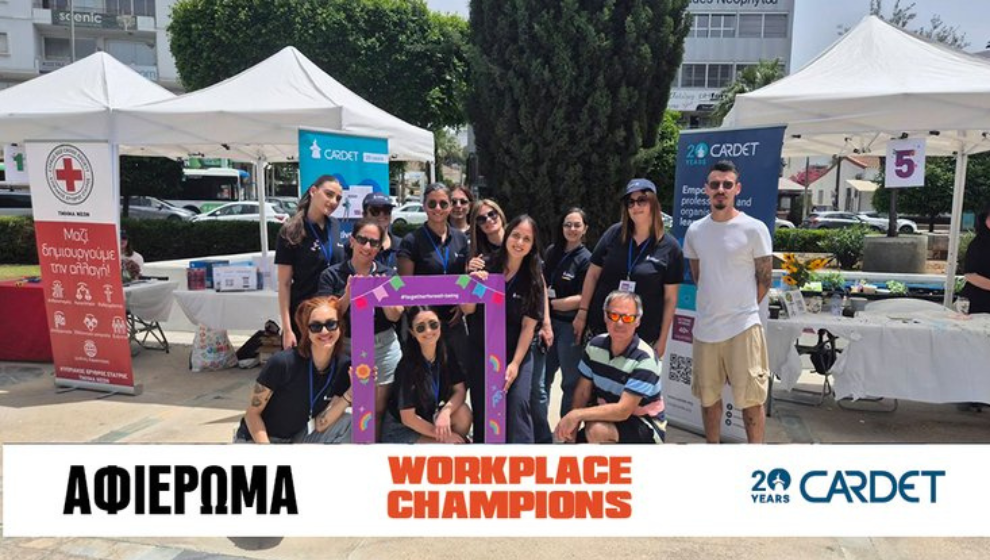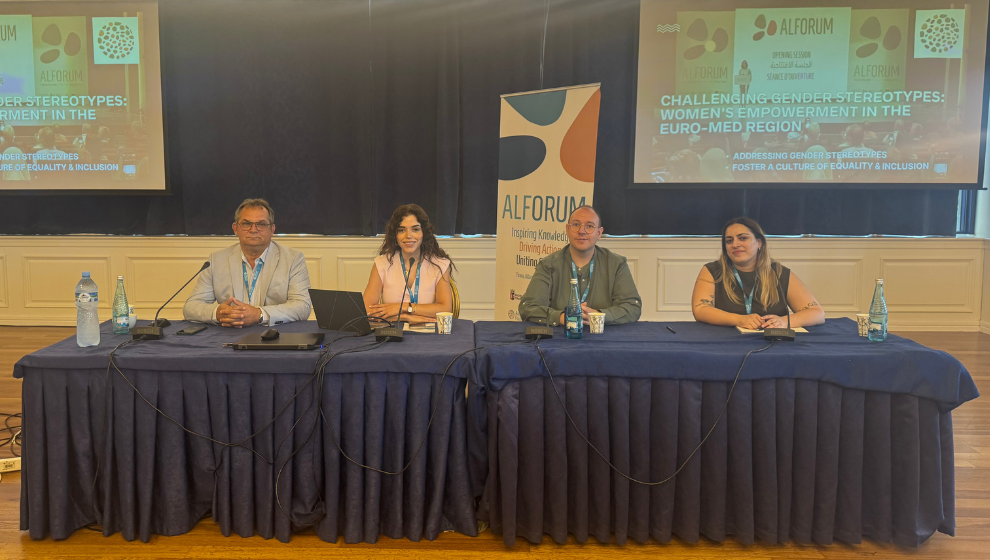Exploring New Paths to Inclusive Education in Cyprus


In an increasingly interconnected and diverse world, the importance of inclusive education has never been more apparent. At its core, inclusive education believes that every child has the right to learn and grow in a supportive environment. This approach recognises each student’s unique skills and adapts teaching methods accordingly.
Instead of isolating students with disabilities or with fewer opportunities like migrants, inclusive education integrates them into mainstream classrooms, providing the support and resources they need to succeed. As a result, it has the potential of not only enhancing academic achievement but also fostering social and emotional development. By learning in diverse environments, students develop empathy, cultural competence, and critical thinking skills, which are essential for success in an increasingly globalised world.
Although the advantages of inclusive education are evident, achieving effective and consistent implementation throughout the entire system remains difficult. Schools often find themselves facing challenges such as insufficient resources, lack of teacher training, and resistance to change. Consequently, as the recent findings of the European Commission show, many member states not only miss out on leveraging the full potential of inclusive education, but tend to dismiss its importance. An approach that deepens the associated issues and challenges resulting in low proficiency and early school leaving in the process.
Success of Inclusive Hubs in Cyprus
In a bid to address current gaps, CARDET and the Institute of Development have partnered with fellow European organisations in a common pursuit to support holistic approaches to teaching and learning and creating stronger interagent communities. Through a common initiative – Inclusive Hubs – the partner organisations aim to support the national strategies to facilitate stronger communication between schools and local communities and provide measures to foster inclusion. Towards that end, the partners combined their expertise and experiences together to build engaging and innovative teaching materials to empower educators, students and parents to work collectively and transform schools into inclusive hubs. These were very well received and celebrated when put into practice, in the piloting of the project at the Pallouriotissa A Primary school throughout May and June.
During this period, CARDET and IoD used the innovative educational materials developed by the partnering countries to showcase to students, parents and school staff, how inclusive education can be fostered within an existing system and be used to celebrate the differences, as well as find the common ground.
The activities ranged from small games, to exploring the world of music around the world, sharing folklore stories from different countries, as well as compiling a delightful recipe book packed with traditional dishes from students’ homelands. These activities culminated in a touching video of students sharing their favourite things about their school, as well as an impressive final event filled with performances of local and migrant students, celebrating our wonderfully diverse community.
Through these fun activities, engaging conversations and exchange of opinions, the Inclusive Hubs project has been instrumental in highlighting the importance of acceptance, equality and inclusion within the school premises, as well as outside of it. While the series of activities left the school staff and young learners inspired with actionable take-aways on how to better our school communities, this is merely a step on the long road to making inclusive education a standard across all the schools on the island.
To be a part of the change and learn more about the Inclusive Hubs initiative, please visit the official project website.


LATEST NEWS
 28/07/25
28/07/25
CARDET as a Workplace Champion: Creating a Culture Where People Thrive
At CARDET, we don’t just “work together.” We create together. With a focus on people, we give meaning to every day and space for growth....
Read more

CARDET Projects GIFTLED & Vol3DEdu Recognised as Good Practices by the European Commission
We are delighted to announce that two of CARDET’s recently completed Erasmus+ projects — GIFTLED and Vol3DEdu — have been officially recognised as Good Practices...
Read more

CARDET Participates in Regional Dialogue on Gender Equality at the Albanian Forum on Women Empowerment
On 20 June 2025, Foteini Sokratous, representing CARDET, participated in the panel discussion “Challenging Gender Stereotypes: Women’s Empowerment in the Euro-Med Region”, as part of...
Read more